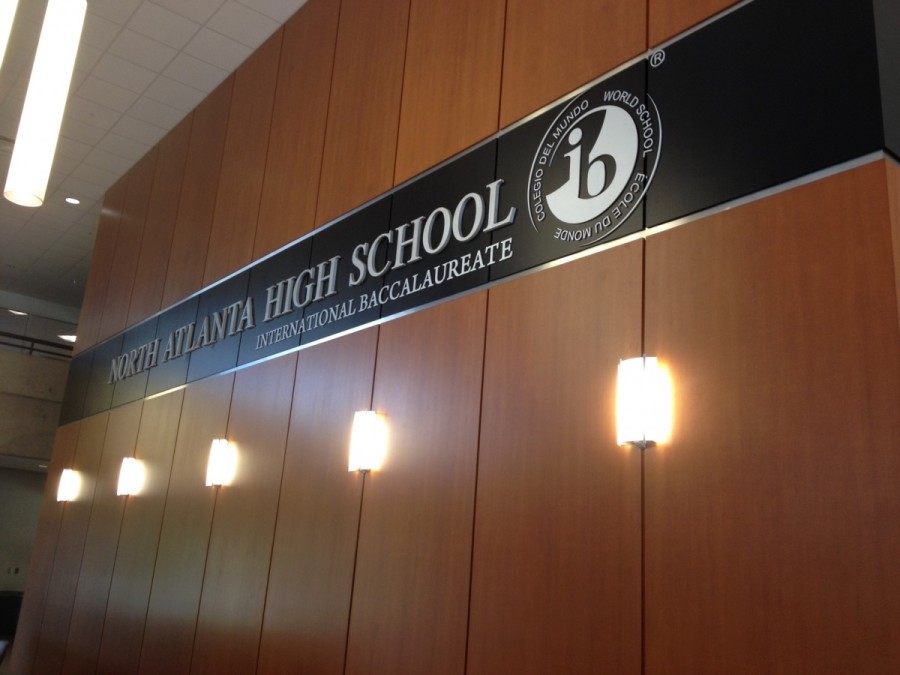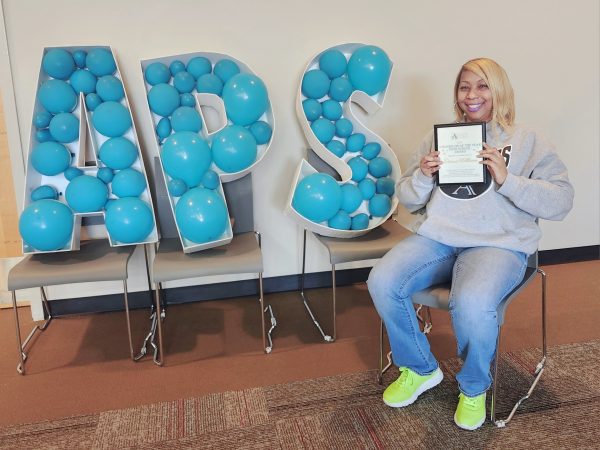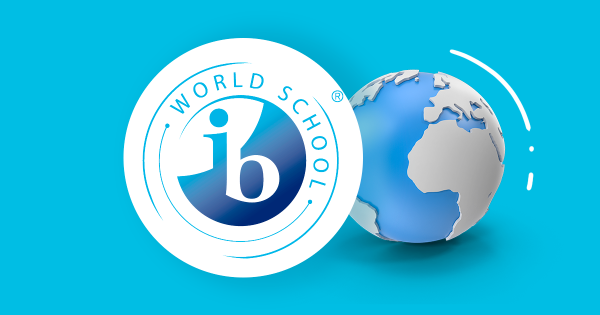IB Students Handle Workload and High School Life
Do you enjoy the thought of staying home on a Saturday night going over some extremely tedious math worksheets? If your answer is, “no,” then you are probably a regular student. If your answer was “I kind of have to do that,” then you likely are an IB student here at North Atlanta.
North Atlanta’s International Baccalaureate (IB) program is the oldest in the Southeast and was established at the school in 1982. North Atlanta’s information sheet describes the IB program, “It is similar to AP in terms of level but is more extensive in that it is an integrated program of study. It is a rigorous, performance-based, internationally assessed, college-level program.”
Any student is eligible to participate in the IB program if he has successfully completed the Middle Years Personal Project during his sophomore year, and has maintained an 80 average in every core class. Though many students participate in the IB Diploma program during junior and senior years, not all students earn the IB Diploma. All IB students must take subsidiary level and higher level exams, scoring at least 24 points to earn the diploma.
IB Diploma Program Coordinator Jill Stewart comments on the workload of IB students, saying, “How do you eat an elephant? One bite at a time! The workload of an IB DP student is no joke. However, it is manageable.”
Stewart notes that often IB students can struggle with initially managing the workload, “When I counsel IB DP students who have fallen behind, I find that it is never the result of ability but rather the result of inefficient work habits. Students either do not plan the work or do not plan it well.”
However, Stewart says any workload management issue can be solved with planning. Stewart suggests using a detailed planner. “Using a planner and using it correctly are the keys to success. I advise students to do more than simply write down due dates,” Stewart explains, “I teach them to break down the assignments into smaller pieces and then enter those pieces into the planner with the time allotted for each piece. Then students have to actually work the plan. Highlight those pieces that are completed. Structure the time for school work with 45 minutes for work followed by a 15 minute break, then repeat until the work is done.”
Most program participants seem to embody the stereotype of having no social life or contending with non-stop worksheets. As real as that stereotype can be for some, it also can be proven wrong.
”Usually I would have a manageable load, but some weeks I felt like everything is due and I have five tests at once. In circumstances like these, I just keep going and tell myself that the challenge will eventually end,” said Anna Gustafson, an IB senior. “IB opens so many doors. Colleges know exactly what type of student they are looking at. Now I am even looking at schools in the UK and they love the program. Plus, in IB you learn analytical skills so you are actually learning, not just memorizing.”
Gustafson successfully juggles IB schoolwork and other activities like cross country and hosting the school’s 11 Stories news show.
Junior Quincy Staley, a newcomer to the IB program, manages a long list of extra-curricular school activities including piano, tennis, yearbook, Student Government Association, and the Women Filmmakers Club. “One of the challenges is adjusting to the classes. But the benefits of being in the IB program is that it prepares me for the heavy workloads that I’ll see in college,” she said.
One big role that Staley will take on this year is serving as editor the school yearbook, Invictus. “I definitely want to maintain a good GPA and do the best job possible as editor,” she said.
Though IB Diploma students have a rigorous academic load, often in addition to multiple extracurriculars, sports, and community service, IB are very prepared for college and other future endeavors. Mr. Lyke, North Atlanta College and Career Counselor, comments on how colleges view IB students, “The benefit of the IB program is that students are able to learn college-level material in all five core subjects for two years. Admissions offices certainly view IB Diploma students positively, but students also need to make sure that their grades, letters of recommendation, and application essays reflect the virtues of the IB program.”
For freshmen Warriors who have just joined the student body, get prepared because a next big challenge is your sophomore-year MYP project.











